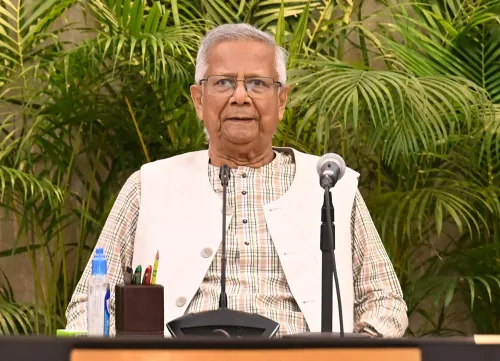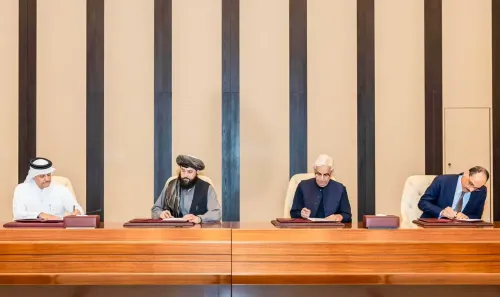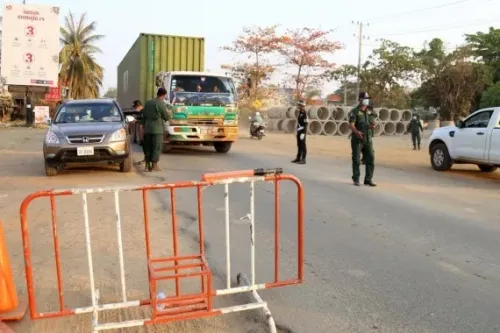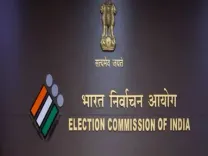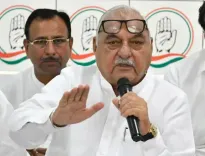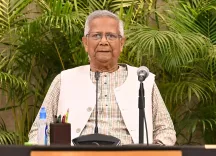How is Quad a Strategy to Strengthen Ties with India?
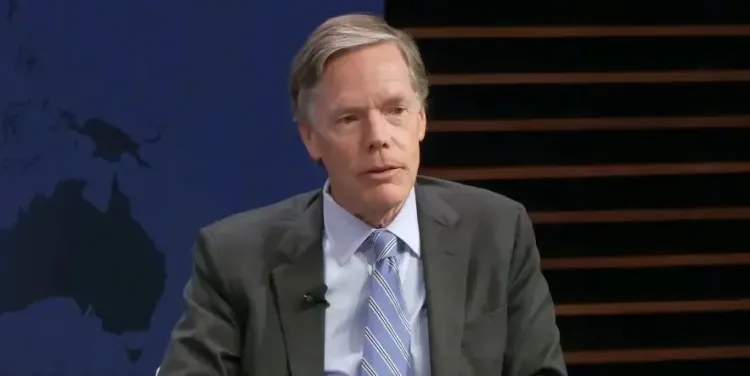
Synopsis
Key Takeaways
- Quad alliance enhances US-India security relations.
- Bipartisan support is crucial for continued engagement.
- Strengthening ties with Japan and Australia is essential.
- India recognized as a strategic partner for the US.
- Effective defense relationships are prioritized over tariffs.
Washington, Oct 22 (NationPress) Former Diplomat Nicholas Burns stated that the Quad alliance serves as a mechanism to strengthen our ties with India and ensure the nation remains closely connected to Washington regarding security matters.
During a recent event at the Atlantic Council, Burns, who previously served as the US Ambassador to China and played a pivotal role in enhancing the India-US relationship, addressed a query from IANS about the Trump administration's approach to the Quad—an alliance comprising four democratic nations: India, Japan, Australia, and the United States.
"The Quad was initiated in 2006-07 while I was the Undersecretary of State. I attended some Quad discussions, but never at the governmental level. It was President Trump who elevated it to a governmental initiative during his first term," he explained.
"There was an early meeting this year, where Secretary Rubio participated in a meeting of Quad foreign ministers. I have also heard discussions about a potential heads of government meeting, which I genuinely hope materializes. It is essential to fortify our relationship with Japan, Australia, and the United States—our treaty allies—and ensure a close security partnership with India. I sincerely hope this occurs," Burns remarked to IANS.
President Trump was expected to join the Quad Summit in India this November; however, it may be postponed until next year.
Recently, a bipartisan group of US lawmakers urged Trump to participate in the Quad Leaders' Summit in India and other Asian engagements.
Representative Gregory W. Meeks, the Ranking Member of the House Foreign Affairs Committee, spearheaded this initiative, with support from Chairwoman and Ranking Member of the East Asia and Pacific Subcommittee, Young Kim and Ami Bera, as well as Chairman and Ranking Member of the South and Central Asia Subcommittee, Bill Huizenga and Sydney Kamlager-Dove.
"Our Quad partnership with Australia, Japan, and India is fundamental for promoting our shared objectives in the Indo-Pacific," the letter stated.
This correspondence followed an amendment proposed by Democratic Congresswoman Kamlager-Dove in the Department of State Policy Provisions Act, advocating for Trump to maintain his leadership in the Quad and attend the upcoming Quad Leaders' Summit.
The amendment was approved by a voice vote and will soon be part of the legislation to be discussed in the House of Representatives.
In an earlier interview with IANS in October, Kamlager-Dove emphasized the significance of the Quad Summit and underscored her amendment.
"Why should a president need urging to participate in and attend a Quad Leadership Summit? This is about unity with our partners across the Indo-Pacific," she stated.
Burns, who was instrumental in the India-US Civil Nuclear Agreement as the Undersecretary of State for Political Affairs from 2005 to 2008, also criticized the Trump administration's imposition of 50% tariffs on India, suggesting it could jeopardize effective defence relations with the Indian government.
"Imposing a 50% tariff on India could potentially lead to a crisis and negatively impact our ability to establish a robust defence partnership with the Indian government. I would prioritize a defence relationship over tariffs if forced to choose, as sometimes in life and diplomacy, choices must be made," he conveyed to IANS.
Currently a Professor at Harvard University, Burns emphasized that during his time in the George W. Bush administration, the US recognized that India's strategic ascent was crucial to its national security interests.
"Even back in the George W. Bush administration, we realized that long-term competition with China in the Indo-Pacific would necessitate India's peaceful involvement with us," he noted.
He further characterized India as a vital strategic partner of the United States, alongside Japan, South Korea, Australia, and the EU, advocating for a united front to address the challenges posed by China.
"Our administration consistently found that the strength of the United States and our capability to engage with China would be enhanced through collaboration with Japan, South Korea, Australia, and, undeniably, India—our esteemed strategic partner," he concluded.

